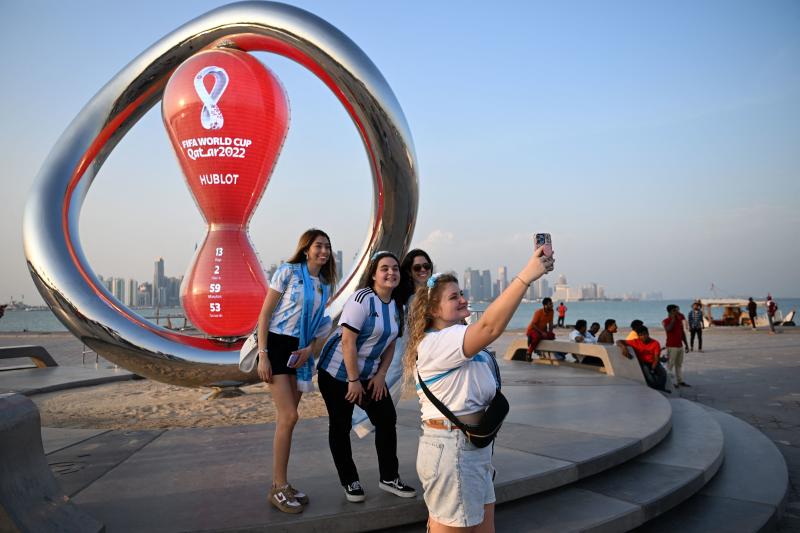
Football fans in Thailand will have to keep their fingers crossed until tomorrow when the National Broadcasting and Telecommunication Commission (NBTC) will decide on a proposal to earmark 1.6 billion baht to fund the payment for the rights to broadcast live World Cup 2022 matches free of charge.
Negotiations for a better deal for Thailand, meanwhile, are still underway with the deadline being Nov 20 when the World Cup officially starts and runs until Dec 18, said Sports Authority of Thailand (SAT) governor Kongsak Yodmanee on Monday.
"Clearer information about the World Cup 2022 broadcast rights [for Thailand] is expected next week while we at this point have proposed to set aside 1.6 billion baht to pay for the expected rights," he said.
"The truth is Fifa's agent is well aware that Thailand has the rule to broadcast the matches live free of charge which is why it has quoted a rather high price."
The SAT is continuing to negotiate for a more reasonable price for the World Cup broadcasting rights for Thailand, Mr Kongsak said.
"We have to accept the truth that the rights to broadcast the World Cup are usually high because it's one of the world's most important sports events," he said.
The NBTC is expected to conclude tomorrow on the budget proposed to be set aside for funding the broadcasting rights, he said.
At this stage, he pointed out that if there are any private parties interested in sponsoring the broadcasting rights they are still welcome as the SAT still has until Nov 20 to seal the deal.
"The NBTC has introduced the so-called 'Must Have' rule requiring free broadcasting for viewers in Thailand of matches of seven major sports competitions, namely the Southeast Asian Games, Asean Para Games, Asian Games, Asian Para Games, Olympic Games, Paralympic Games and World Cup," Mr Kongsak said.
This specific rule, he said, adversely discourages private companies which normally seek such broadcast rights from competing for them. As a result, the government is forced to find money to fund the broadcast rights to ensure free viewing for all Thais, he added.
